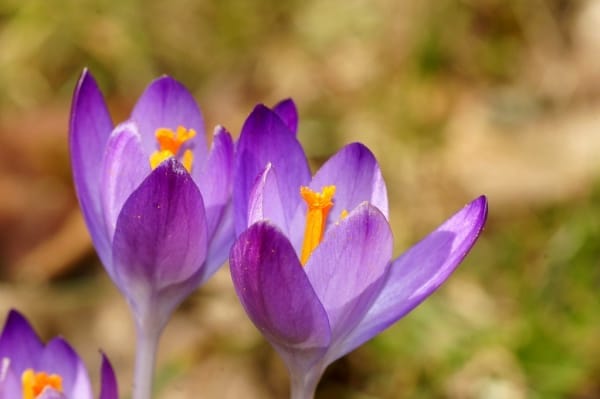30% reduction in saffron production in Bardaskan-Iran
The director of Jihad-e-Keshavarzi Bardaskan reported a 30% decrease in saffron production in the Bardaskan city.
Hamid Hajinejad announced that the area under saffron farms in the city is 3350 tons and said: We hope to harvest more than 13 tons of saffron in the city.
Regarding the drought situation and the decrease in rainfall in the last crop year, he said: This year, our forecast is that the city’s saffron will have a 30% drop in production compared to the previous year.
The director of Bardaskan Jihad-e-Agriculture stated: More than 600 hectares of saffron farms in Bardaskan are located in the foothills. Due to the drought crisis and the decrease in rainfall, with the participation of farmers and using the power of the private sector, a water supply project was implemented by tanker in order to save the saffron fields.
Hajinejad pointed to the implementation of the ideal saffron project and said: Due to various preparations and follow-ups, a supervising expert from UNIDO in Shahrabad is working in the saffron production department, which is responsible for monitoring a number of saffron-producing villages.
The director of Bardaskan Jihad-e-Agriculture continued: so far, half a hectare of saffron farms in Aliabad village of the central part has been cultivated according to the ideal plan, and the rest of the farmers have planted at different levels in coordination with Jihad-e-Agriculture.
He stated: In order to implement the ideal plan of saffron, farmers who take effective measures in the implementation of this plan, including the use of onions over 8 grams, observing the distances and depth of planting and disinfection of seeds, an amount by the Jihad Agricultural Organization to encourage farmers to comply The technical principles of the plan are paid free of charge.
Hajinejad pointed out: with the production of saffron in the city amounting to 500 billion rials has helped the farmers’ household economy.







Get Social